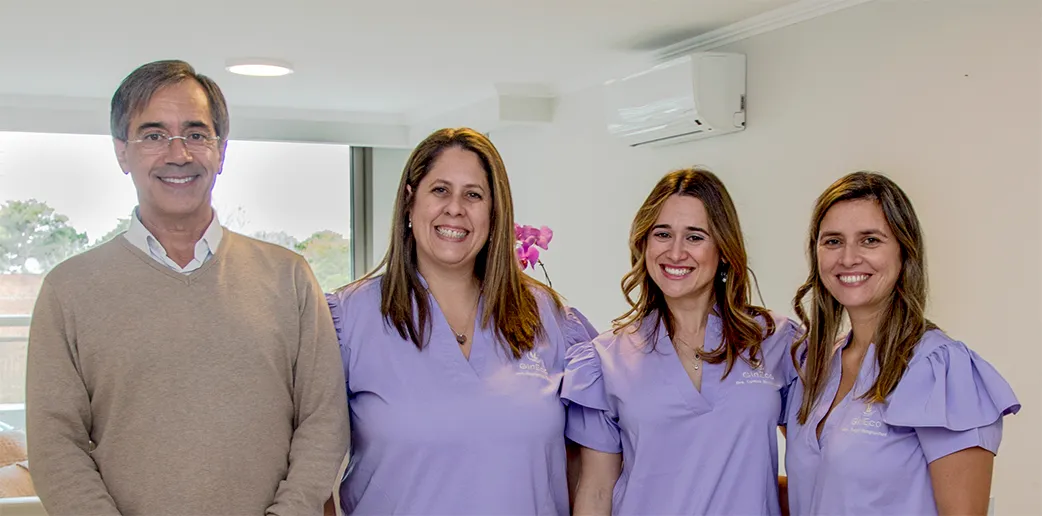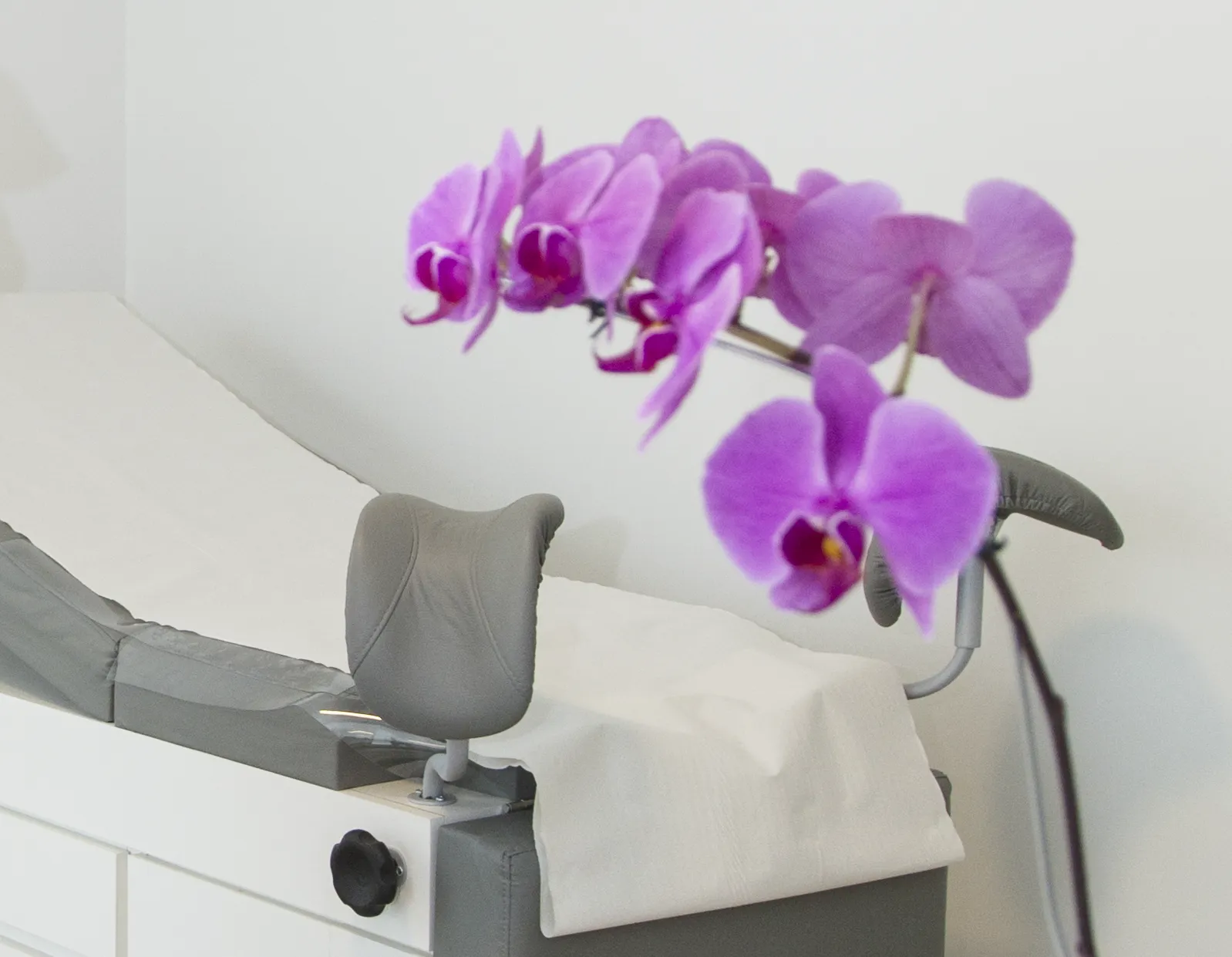Gynecological Consultation
How can a gynecologist help you?

How can a gynecologist help you?

As a general rule, you should see a gynecologist:
After your first menstruation.
During puberty and adolescence for sexual education.
Before starting sexual activity.
From age 21 for Pap smear screening.
Annual gynecological consultation to address concerns at different life stages and have a basic check-up.
When wanting to get pregnant.
For any warning signs.
Abdominal pain.
Pain during sexual intercourse.
Very heavy, long, or painful menstruation.
Intermenstrual bleeding.
Bleeding during sexual intercourse.
Foul-smelling bleeding.
Genital bleeding during post-menopause.
Yellow, green, gray, aerated or foul-smelling discharge.
Vulvar itching or irritation.
Vulvar lesions.
Unprotected intercourse.
Loss of fluid.
Loss of blood.
Decrease in fetal movements.
Premature uterine contractions.
High blood pressure greater than 140/90 mmHg.
Pruritus.
Fever.
In the consultation, special attention will be paid to the symptoms or concerns you mention, an interrogation will be directed at your personal history, diseases, gynecological history, last menstruation date, parity, sexually transmitted diseases, previous surgeries, family history, among others.
The gynecological exam is painless and quick and includes careful observation of the external genitalia, placing an endovaginal speculum to observe the vagina, the uterine neck and secretions, and finally a vaginal touch to evaluate the characteristics of the uterine neck, the uterus and the ovaries.
Most women who fear the gynecological exam are surprised by how easy and simple it was!.

Women under 30 years of age often visit a gynecologist for contraception, cytology, venereal disease tests and to investigate abnormal changes in the abdomen.
Women between 25 and 45 years of age often visit a gynecologist for consultations on contraception, pregnancy, fertility verification and medical follow-up during pregnancy. Women who are pregnant also come for an ultrasound with their partners. Remember: If you are nervous or unsure about the examination, you should talk to your gynecologist.
Women aged 40 years or older often seek help for complaints related to menopause, changes in the abdomen, infections or other problems. There is also a small period of a few years in which the risk of some types of cancer may increase.
Women over 75 years of age can come for Pap smears every three years. They may still experience changes and problems in the abdomen, and some people visit a gynecologist to feel reassured.
If you have questions, concerns, or needs that are not mentioned here, you are also welcome to schedule a consultation with us.
We have a very friendly and simple reservation system. When reserving a consultation, you briefly describe the reason, so that the appointment can adapt to your needs and your problem. All women are unique and most have a unique combination of problems, medical history, desires and needs. You can obtain a consultation quickly and do not need a referral to have a consultation with us.